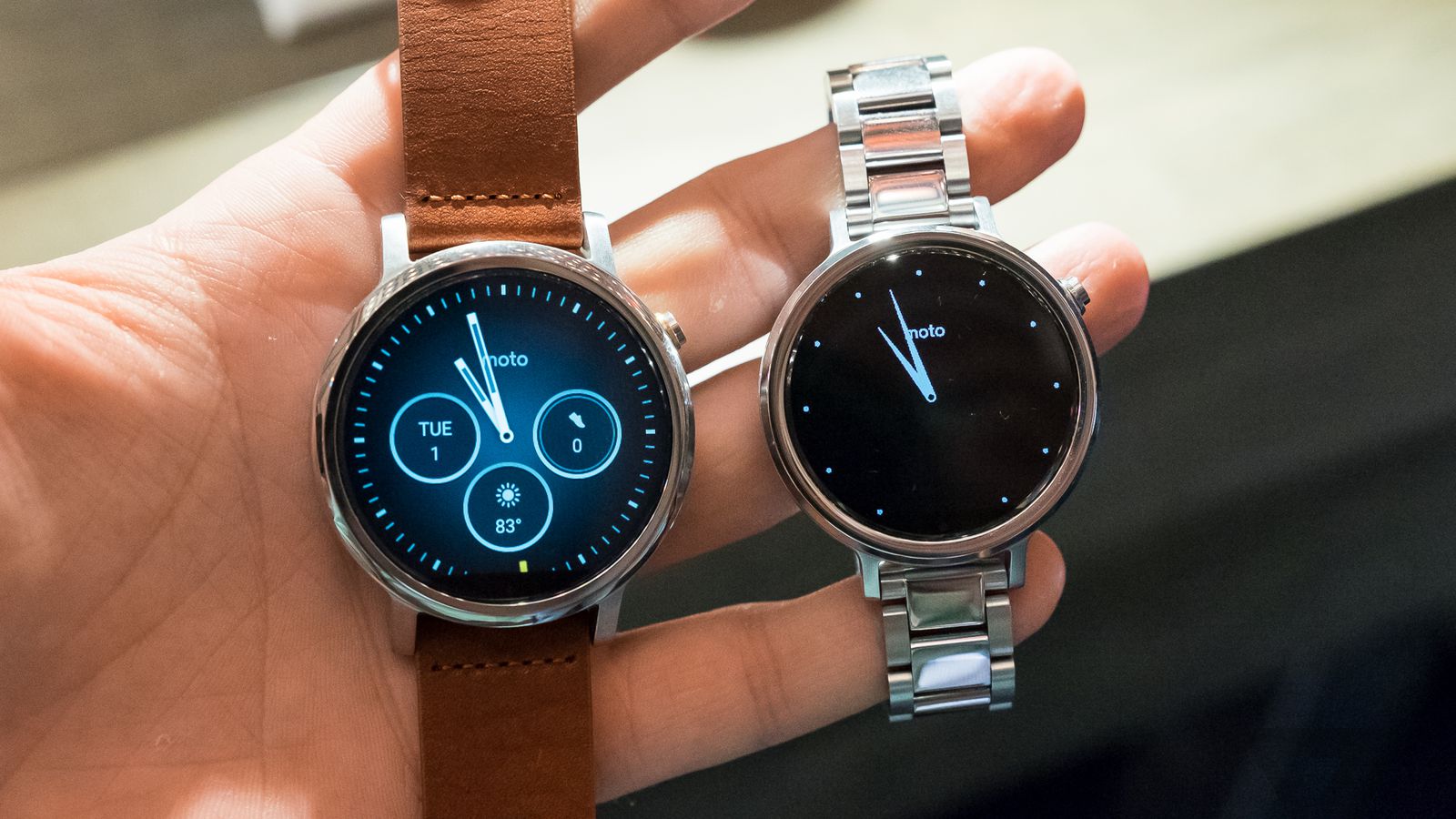
via TechNode http://ift.tt/1JnKYah : Diversifications seems to be the buzz word down at the Xiaomi office these days, with the Chinese smartphone giant looking into almost any potential revenue stream to stave off woes over a slowing smartphone market. Their latest venture? Becoming a mobile operator. Right off the back of the Mi 4c launch, the company has released $10 USD per month mobile contracts. The will offer a prepaid model charging 0.10 yuan ($0.02 USD) per minute voice with one megabyte of data or a 59 yuan ($10.0 USD) package which features three gigabytes of data. The service will be available from September 23. Xiaomi will rent capacity from existing carriers China Unicom and China Telecom, meaning that we can expect the service speed to be similar. The cards can be used in multiple brands of phone, though it’s possible they will bundle them with Xiaomi phones, making the entire experience cheaper. It’s an interesting move in the Chinese market given that restrictions on owning multiple sim cards are tightening. In many areas of the mainland users are required to hand in identification and are barred from registering multiple cards. If Xiaomi bundles its phones with cards this could potentially hinder users from buying a second non-Xiaomi card. With their low-cost handsets, they can target the hundreds of millions of Chinese people in rural areas who are still non-mobile. Despite this, many people in China still have two sim cards, and dual sim slots are a consistent feature across the flagship versions of Chinese smartphones, including the recently released Mi 4c, which debuts at just over $200 USD. Xiaomi is very much a Chinese internet company of its time, looking to follow the industry giants Alibaba, Tencent and Baidu by diversifying into a wide range of products and services. They have released a slew of products including TVs, air purifiers, headphones and fit bands. This month they invested in brokerage startup Tiger Brothers, and they have also reportedly been working on releasing a laptop by 2016. @CateCadell


